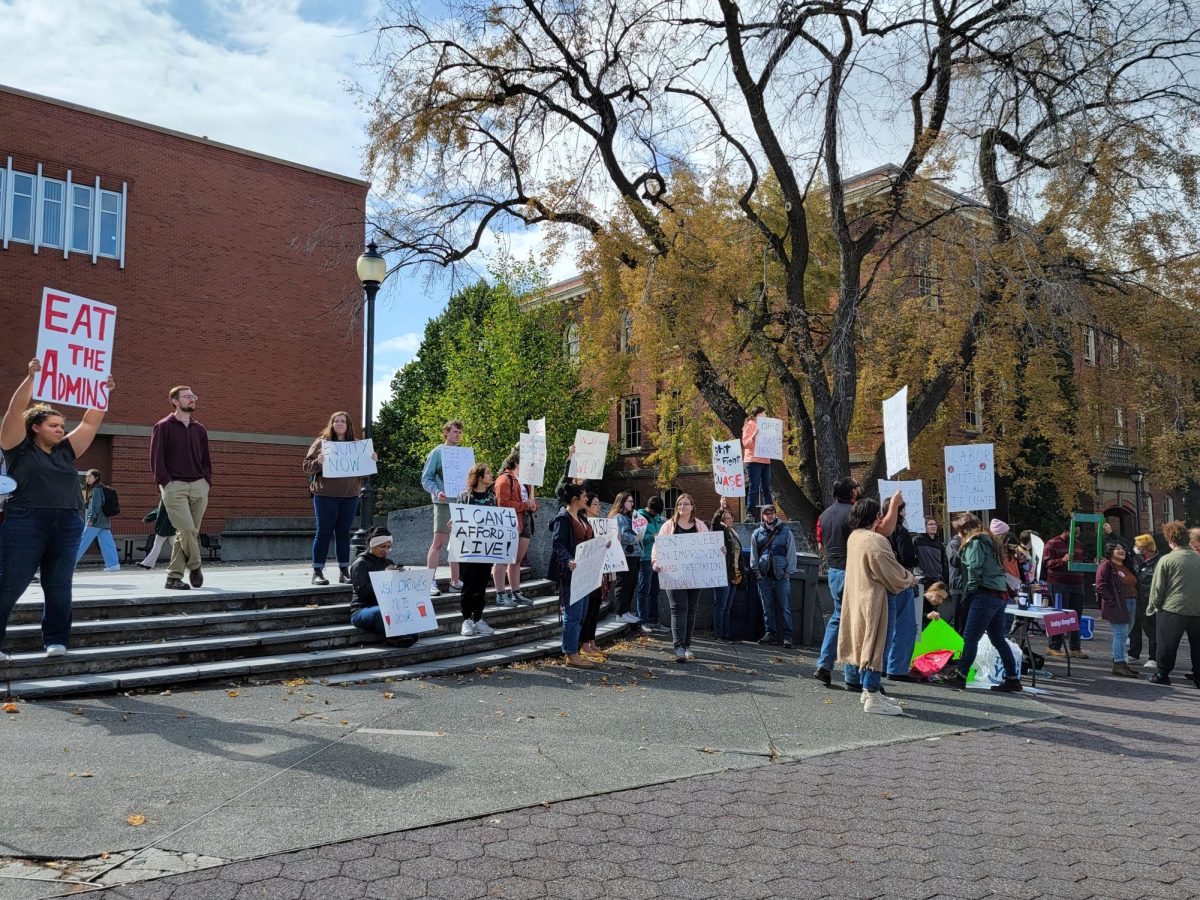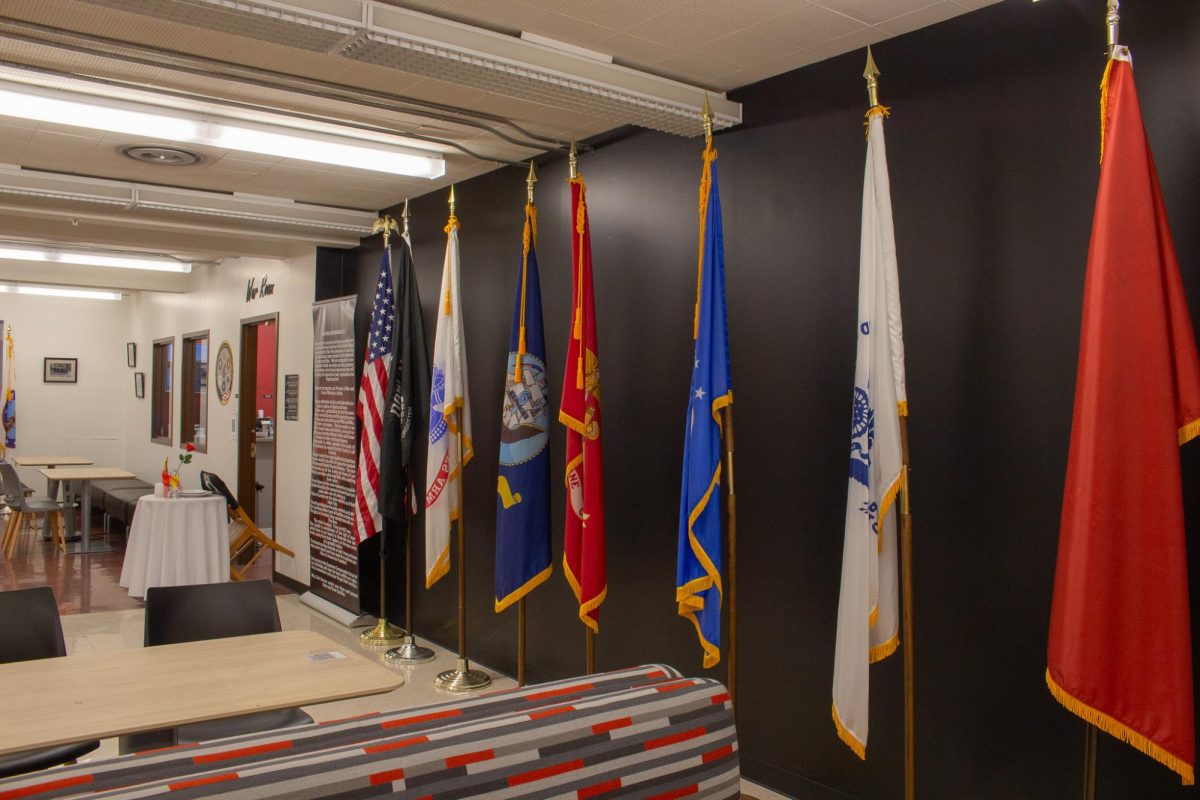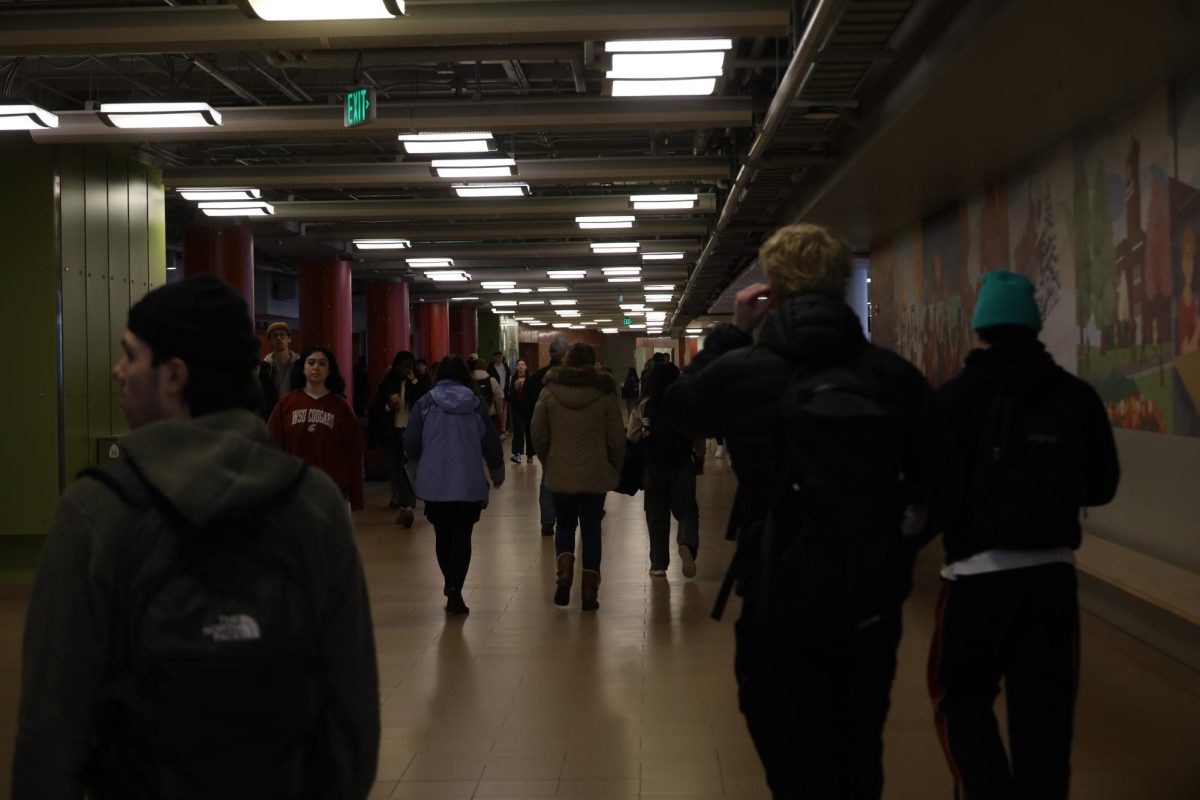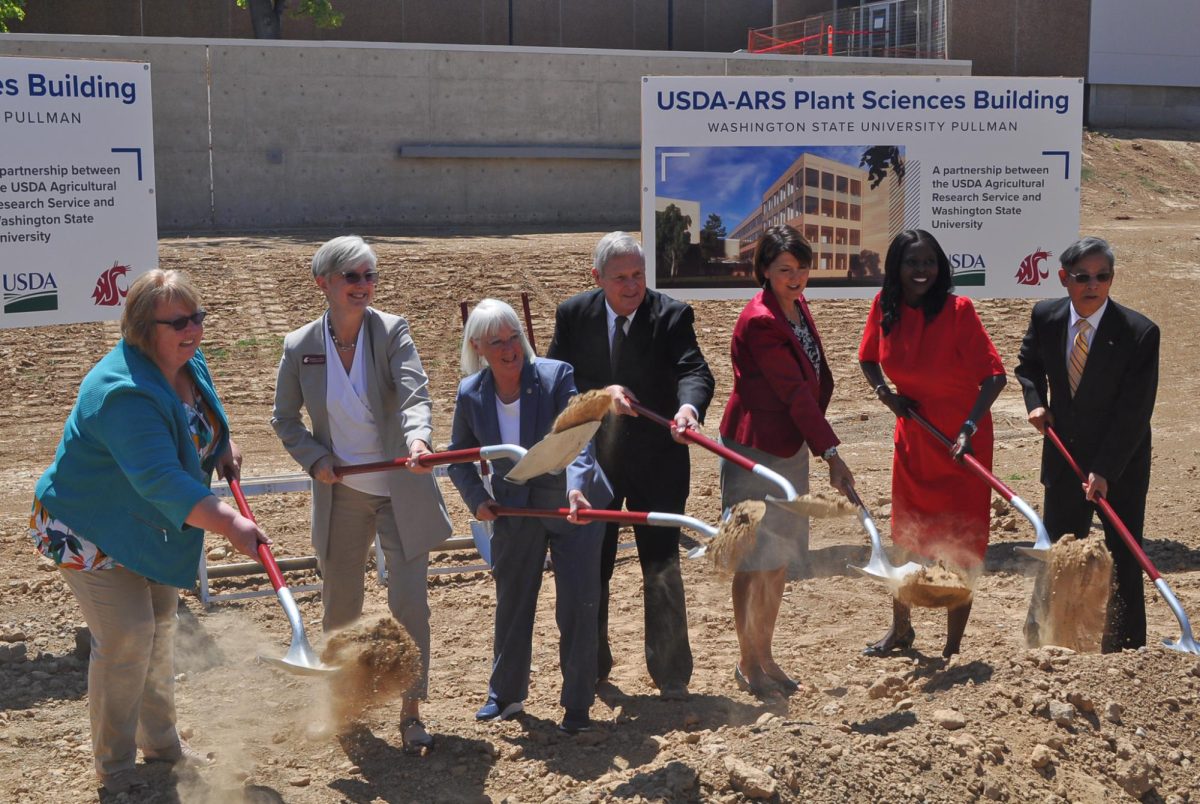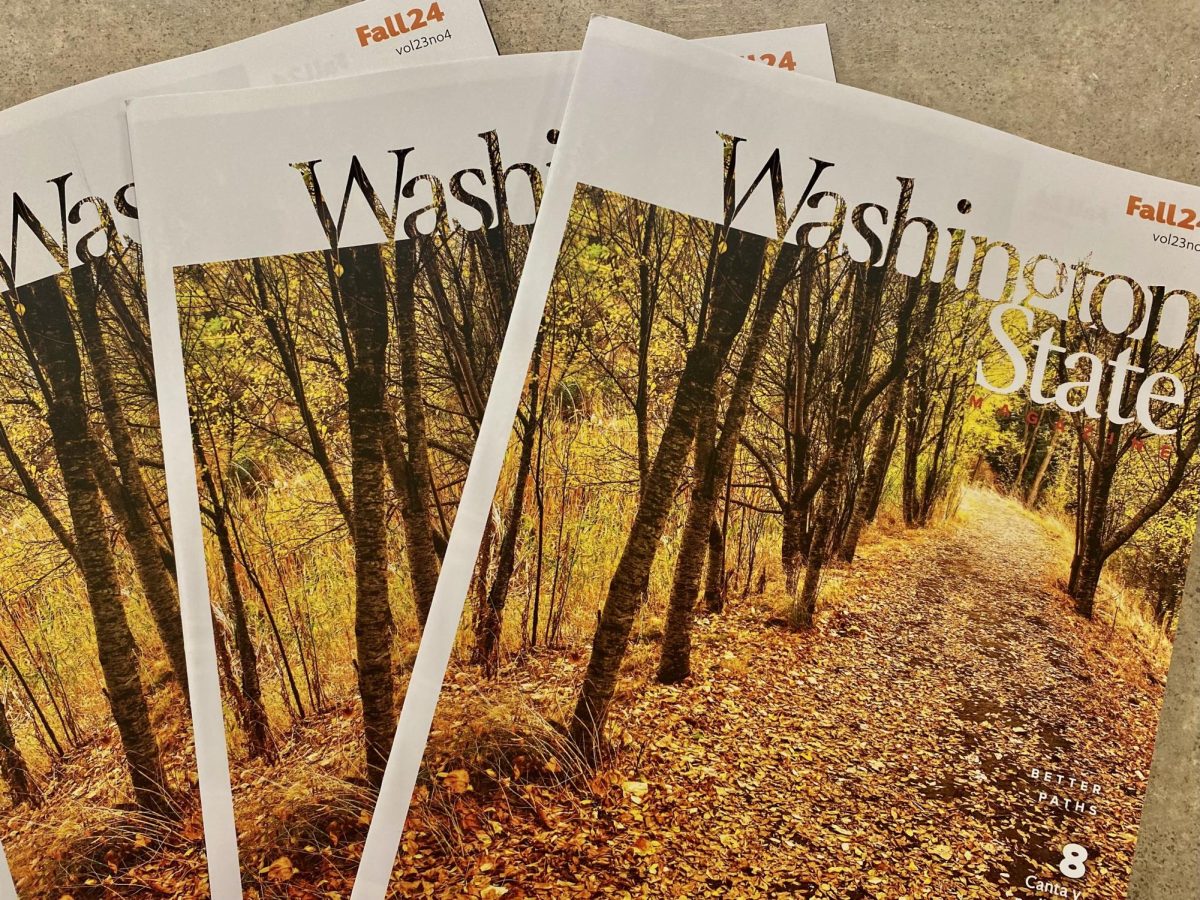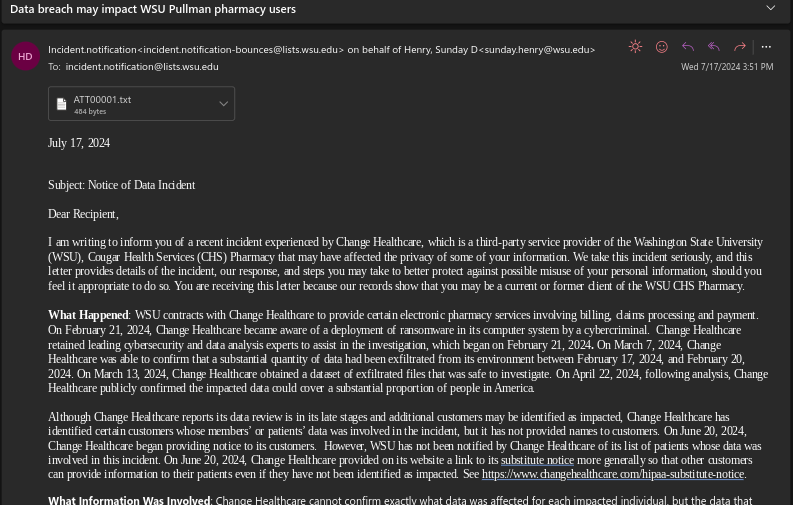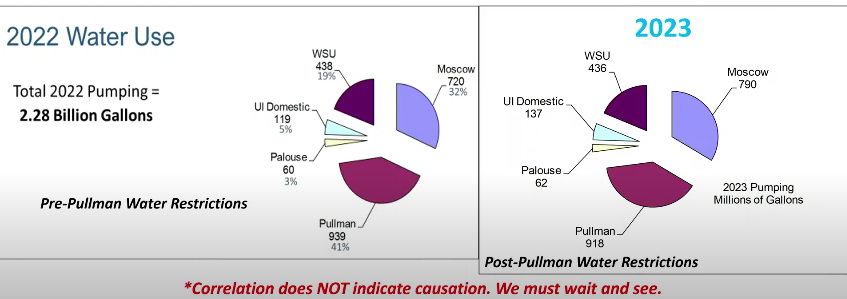The Coalition of Academic Student Employees is undergoing a strike authorization vote and filed a health insurance-related unfair labor practice complaint.
The vote follows months of bargaining between CASE and the WSU administration regarding various priorities expressed by Academic Student Employees, the most predominant of which is employee requests for a health care plan that adequately covers the various medical needs of student employees, CASE member Ninh Khuu said.
The union has their strike authorization vote, a voting window from Oct. 30 – Nov. 6. If the vote passes, it gives bargaining committee members the ability to call a strike if necessary, Khuu said.
“We don’t want to go on strike, we love our work, we really care about our work, but if we can’t afford to live in the places that we work, and if we don’t have the proper protections, it [a strike] is something that we can resort to if we pass the strike authorization vote,” Khuu said. “This is not a decision being taken lightly […] It will depend on how admin responds if they continue to delay, stall, or not bargain in good faith, it [a strike] is one of the tools that we have.”
While an acceptable healthcare plan is the major focus of negotiations, and the reasoning behind the complaint filed with PERC, academic student employees are also negotiating for higher wages, sexual harassment protocol outside of just Title 9, and workplace protections, he said.
Low wages are one of the other major concerns of ASEs, as the pay level for graduate students in Pullman is around $1,700, about 40% below the livable wage, according to a Daily Evergreen article,
In addition, some ASEs say what WSU provides and wants to continue providing is the “bare minimum,” according to the same article.
WSU-CASE was certified as a labor union by PERC, the state labor board, in early November 2022 and began requests to start bargaining with the university later that month, according to the WSU-CASE website.
After months of delay, the first negotiation took place Feb. 22. During that initial meeting, ASEs outlined their initial bargaining demands, including the demand for a healthcare plan and benefits, according to the CASE website,
After months of attempting to bargain and requesting information from the university, CASE was informed on May 5 of a health care plan for the following year that WSU had “unilaterally” created. WSU informed CASE they intended to submit this plan to the Office of the Insurance Commissioner by May 10.
Khuu said requests to see WSU’s plan were made but they did not respond to CASE with their proposed changes until May 9.
Although the tight time frame left CASE unable to make any substantial bargaining requests, academic student employees proposed less out-of-pocket maximum costs, increased co-insurance coverage, and lowered out-of-pocket costs for prescription medications, emergency care, and office visits. According to the CASE website, the university denied these bargaining requests.
After OIC approval of the proposed health care plan for the 2023–24 year, CASE learned of other changes the university had made to the plan without what CASE deems proper communication, according to the CASE website,
“We discovered during our Sept. 13 bargaining session that they have also failed to send us crucial utilization information about our plan and have started a new Request for Proposals process without our input,” the WSU-CASE website states.
In retaliation, WSU-CASE has filed an unfair labor practice complaint to the Washington State PERC, the board that aids in resolving labor disputes.
According to the university administration, the two sides have met 25 times, with additional negotiation sessions scheduled. As of last month, approximately 40 articles have been passed back and forth between CASE and WSU, and there is allegedly tentative agreement on 13 of those articles with four additional articles pending formal tentative agreement.
“Washington State University supports the right of all workers to organize. WSU continues to bargain in good faith and hopes to reach an initial contract agreeable to both parties. The two sides have made significant progress during their negotiations so far,” Phil Weiler, WSU vice president for marketing and communications, said.

